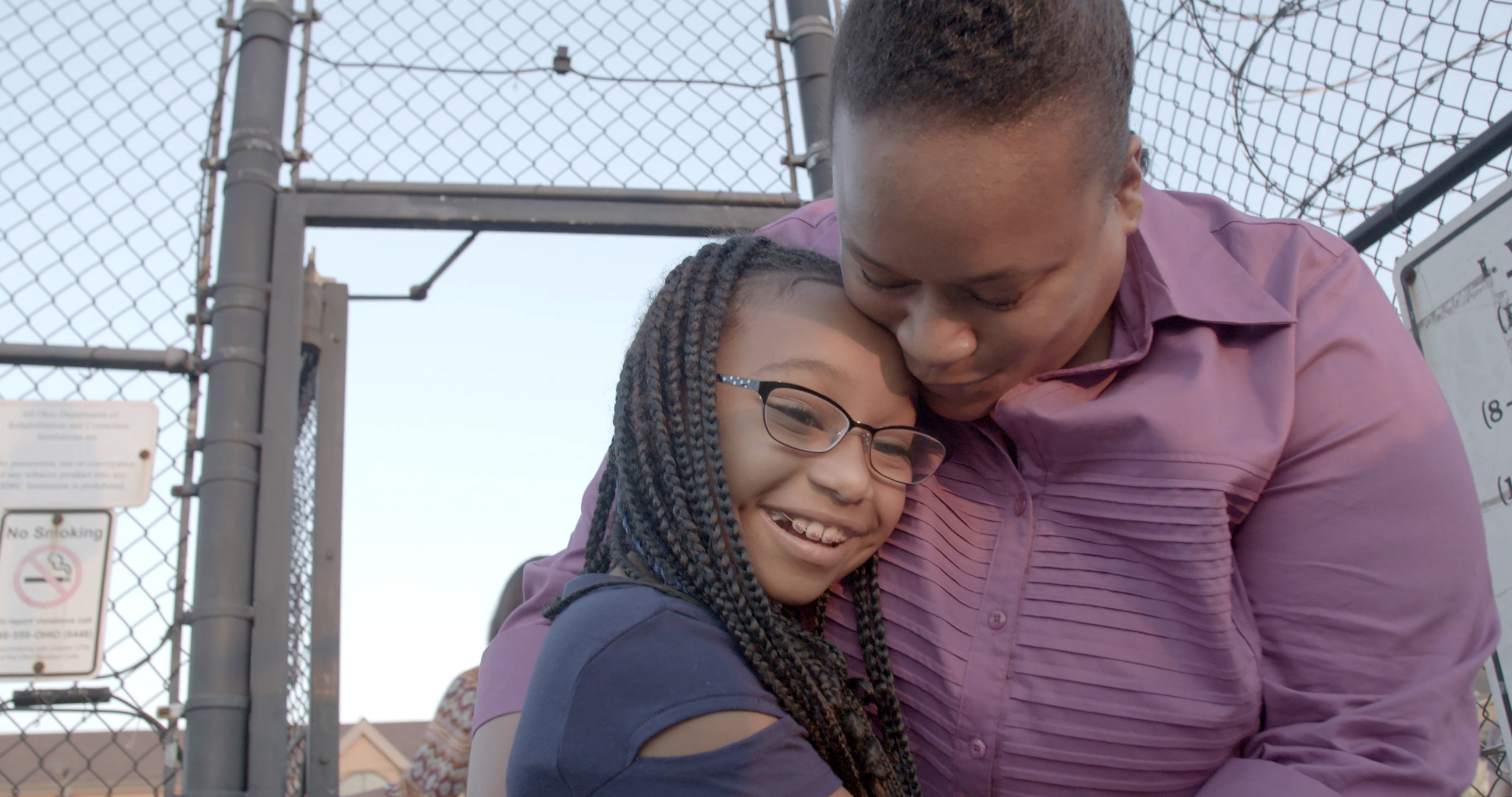To truly reform the criminal justice system, look at what happens after prison – and before
The end of prison is just the beginning of punishment for many formerly incarcerated people

It’s time to think way bigger when it comes to criminal justice reform.
All of the forces that taint mass incarceration in the US – disproportionate impacts on the poor and people of color, wasted resources, a culture of stigmatisation and degradation – these dark marks don’t end at the jailhouse gate. In fact, for many formerly incarcerated people, the end of their prison sentence is just the beginning.
Thousands of laws around the country implicitly or explicitly discriminate against formerly incarcerated people. It makes an uphill battle out of obtaining even the basics: housing, employment, government services, respect.
There’s also a sneakier, though no less influential, kind of punishment. A culture of stigma treating all formerly incarcerated people alike. A message from society that justice-impacted people are monsters with no potential left. There are nine states where people with past felonies can’t vote. Combined, these barriers make living after prison its own kind of death sentence, disconnecting people from the necessities of full participation in society.
This is a cruel and self-defeating way to structure our communities. The prison sentence is supposed to be the punishment, not everything after. And with more than half of formerly incarcerated people going back to prison in the US at some point in their lives, it’s clear the present, punitive approach is not doing enough on its own. That’s why we must take a more expansive view of reform that goes way beyond time in the justice system to embrace all that comes before and after, that goes after root causes and downstream effects.
Research shows that some of the best ways to make communities safer is not with more, better-armed police or longer sentences. Instead, it comes back to making sure the basics of social services reach people before and after any encounter with the justice system. Give people a job, education, professional development, health care, support, and there’s no reason to risk it all on crime. Give them rejection, exclusion, stigma, and what alternative do they have?
This is not some utopian dream. Legislatures, activists, and businesses alike are already embracing this more human approach—and it’s paying off in a major way.
As we have reported at The Independent, “clean slate” laws that automatically clear old convictions are giving thousands of people a fresh start as they look for jobs and housing. Diversion programs that give desperately needed legal services to low-income people keep many from unnecessary involvement in the system, the kind of encounters that could impact their whole lives. Workforce training programs in Ohio are connecting incarcerated women, the fastest-growing demographic in US prisons, to job training and counseling well before they leave prison.
Second-chance hiring, a strategy embraced by everyone from Toyota to JP Morgan, is connecting formerly incarcerated people with good jobs, and increasing hiring, diversity, and profits for companies even amid a tricky labor climate. And voting restoration movements in places like Florida are creating some of the biggest civil rights gains in a generation, and proving that criminal justice can be a rare, non-partisan issue that attracts the support of millions
It’s why The Independent has committed to reporting on progressive new approaches to criminal justice, rehabilitation, and conscious business practices, topics we will explore in-depth this May and beyond as the official media partner of the 2022 American Workforce and Justice Summit. And it’s why we’re exploring ways to make our own newsroom more inclusive of justice-impacted people.
It has been said that, “The degree of civilization in a society can be judged by entering its prisons.” The same goes for how a society treats the people that survive prisons.
Much like with climate change, tackling the criminal justice system’s abuses can seem overwhelming. But the scope of the problem also means that the urgent work of finding solutions can begin all around us, immediately—in our businesses, in our politics, in how we treat one another.
The work of the racial justice uprisings of 2020 will not be complete until we redefine criminal justice and make the whole of society more equitable, productive, and humane. As a country, we’ll likely find that as we stop treating people like forever criminals, we’ll become a society that creates fewer prisoners and prisons in the first place. We’ll no longer lead the world in how many of our own we lock up, but in the potential we see in them.
Subscribe to Independent Premium to bookmark this article
Want to bookmark your favourite articles and stories to read or reference later? Start your Independent Premium subscription today.

Join our commenting forum
Join thought-provoking conversations, follow other Independent readers and see their replies